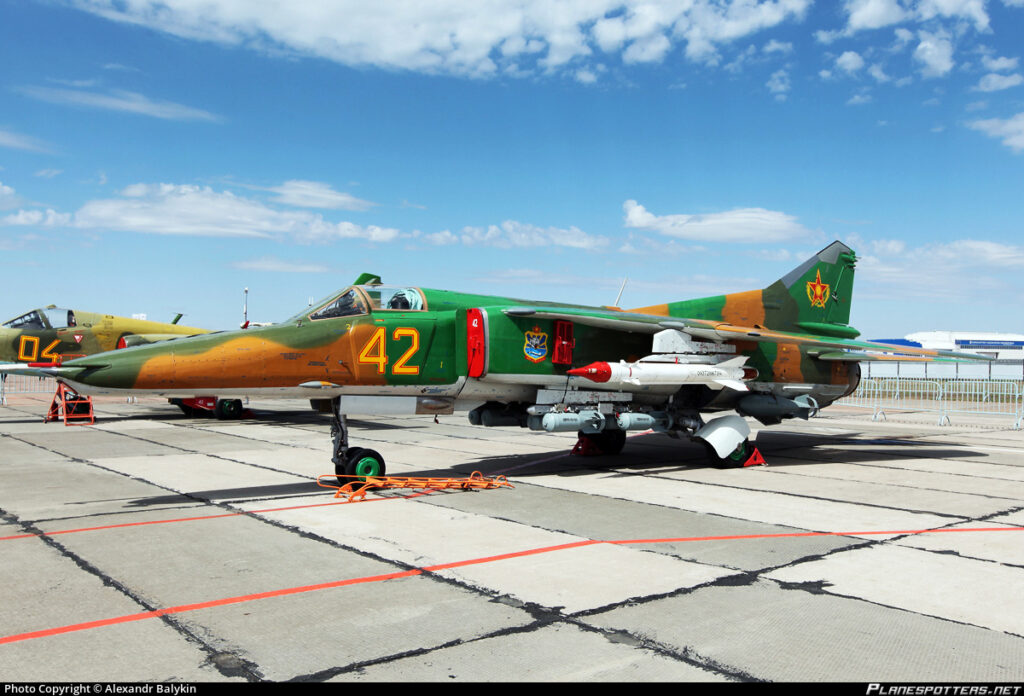
Introduction
Kazakhstan, the largest landlocked country in the world, has been making headlines in recent years due to its rapid economic growth and strategic importance in Central Asia. With its vast natural resources, including oil, gas, and minerals, the nation has positioned itself as a key player on the global stage. The developments in Kazakhstan are relevant not only for investors but also for geopolitical interests, as the country navigates relationships with global powers like Russia and China.
Economic Overview and Recent Developments
In 2023, Kazakhstan’s economy rebounded from the impacts of the COVID-19 pandemic, achieving a GDP growth rate of 4.5%, driven primarily by energy exports and an increase in foreign direct investment (FDI). The government has implemented various reforms aimed at improving the business climate, including simplifying regulations and enhancing transparency in governance. This pro-business stance has attracted notable investments from countries such as China, the United States, and European nations, reinforcing Kazakhstan’s position as a regional hub for trade and investment.
Additionally, Kazakhstan’s strategic location along the Silk Road has bolstered its logistics and transportation sectors. The country has been actively involved in China’s Belt and Road Initiative, which is expected to further enhance its infrastructure and connectivity with international markets. Recent statistics show that transit freight traffic through Kazakhstan has increased by over 30% in the last year, as the nation becomes a central transit route between Europe and Asia.
Geopolitical Significance
The geopolitical landscape surrounding Kazakhstan is complex, influenced by its relationships with major powers. Bordering Russia to the north and China to the east, Kazakhstan plays a crucial role in maintaining regional stability. In 2023, Kazakhstan hosted the Astana International Forum, which focused on fostering cooperation in areas such as energy security, climate change, and economic development. During this event, President Kassym-Jomart Tokayev emphasized the importance of multilateral dialogue and collaboration for regional prosperity.
Conclusion
As Kazakhstan continues to leverage its natural resources and strategic position, its growth trajectory appears promising. However, challenges such as economic diversification, environmental sustainability, and political reforms remain critical for its long-term stability. For investors and international observers, Kazakhstan represents both an opportunity and a challenge in the evolving landscape of Central Asia. The nation’s ability to navigate these challenges will determine its role as a significant economic power in the coming years.



